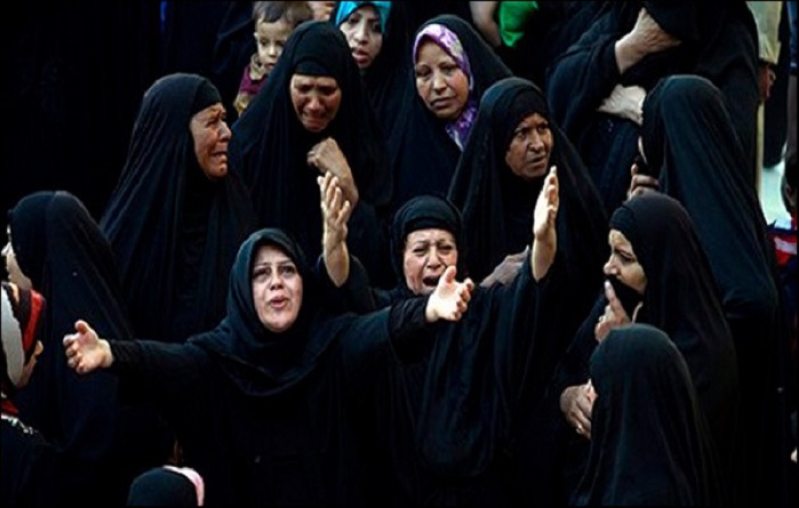
The Islamic State terrorist group is turning Christian churches in Iraq and Syria into torture chambers and selling priceless religious artifacts on the black market in an effort to establish a total Islamic caliphate within the region.
According to disturbing new reports, insurgents have stripped churches of ancient relics and murals and smuggled them out of the large portions of Iraq and Syria they have invaded.
The artifacts are reportedly smuggled out through the same routes previously established by terrorist groups for moving oil and weapons in and out of the countries.
According to Jay Sekulow of the American Center for Law and Justice, the group's trafficking in religious artifacts is both to make money and to culturally cleanse Iraq and Syria of religions other than Islam.
"ISIS has a stated goal to wipe out Christianity," Sekulow, who also authored "Rise of ISIS: A Threat We Can't Ignore," told the Associated Press. "This why they are crucifying Christians -- including children -- destroying churches and selling artifacts. The fact is, this group will stop at nothing to raise funds for its terrorist mission."
The jihadist army have also reportedly converted churches in Qaraqosh and other Iraqi cities into torture chambers, according to the Sunday Times. Abu Aasi, a priest from Mosul who was forced to flee the city along with thousands of others after ISIS invaded, told the newspaper earlier this month that prisoners were being held in the Bahnam Wa Sara and Al Kiama churches.
"These two churches are being used as prisons and for torture," he said. "Most inside are Christians and they are being forced to convert to Islam. Isis has been breaking all the crosses and statues of Mary."
Shaul Gabbay, senior scholar at the University of Denver's Josef Korbel School of International Studies, calls the destruction of religious artifacts from Iraq and Syria "tragic," as many of the most treasured Christian sites and relics are from the region.
"[The Middle East] is where Abraham...came from, where Moses led the Hebrews to the Promised Land and where Jesus Christ was born, walked, died and was resurrected," Gabbay told FoxNews.com.
"Anything physical part that exists from the past including more modern artifacts is of extreme value to Christianity both at the informative and educational level as well as the spiritual/faith level," he said.
The terror group has previously destroyed several revered Christian sites and monuments. In July, the militants used sledgehammers to level the tomb of the Biblical prophet Jonah in Mosul and destroy statues of Jesus Christ and the Virgin Mary. They have also blasted numerous Christian churches in addition to killing numerous members of the Christian and Yazidi minorities.
"We know that ISIS considers several groups -- including Christians -- as 'infidels without human rights,'" Sekulow said. "ISIS jihadists commit violence against fellow Muslims in violation of Islamic law. They routinely commit war crimes and engage in torture in violation of international law; and they also kill and threaten Christian, Jewish, and other religious communities."
"In short, ISIS is composed of religiously motivated psychopaths," he said.
According to the New York Times, the Christian population in Iraq has dropped to 400,000 while more than 120,000 people in the region remain displaced.







